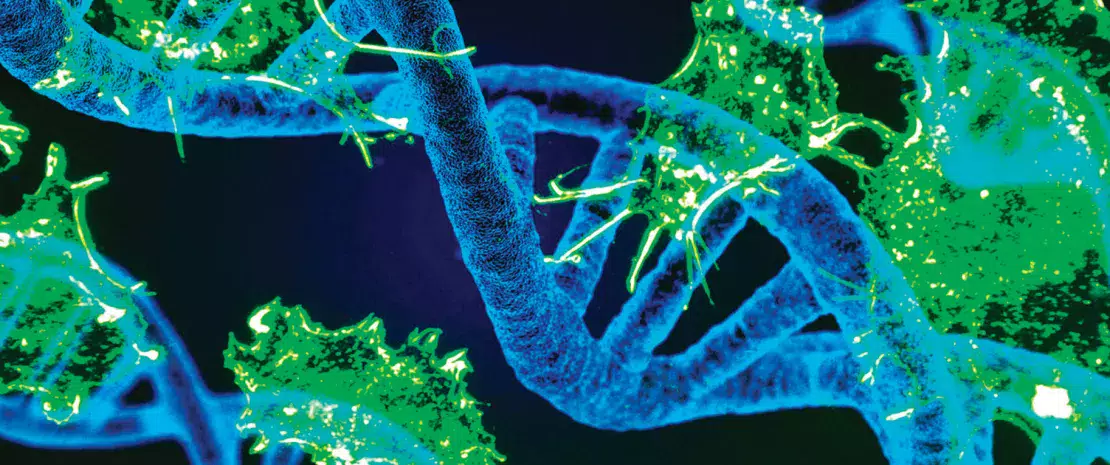Intestinal microbiota modulates tumour response in cancer patients
Press review
By Pr. Ener Cagri Dinleyici
Professor in Pediatrics, Eskisehir Osmangazi University Faculty of Medicine; Department of Pediatrics, Eskisehir, Turkey
Lay public section
Find here your dedicated section
Sources
This article is based on scientific information
Sections

About this article
Author
On February 4, 2018, World Cancer Day, the World Health Organization (WHO) stated on their website “Nearly every family in the world is touched by cancer, which is now responsible for almost one in six deaths globally. On World Cancer Day (February 4), the WHO highlights that cancer no longer needs to be a death sentence, as the capacity exists to reduce its burden and improve the survival and quality of life of people living with the disease” [1].
Over the last 10 years, tremendous advances have been made for cancer patients using new treatment strategies, including immune checkpoint inhibitors that target cytotoxic T-lymphocyte-associated antigen (CTLA-4) and programmed death 1 (PD-1) protein. However, therapeutic responses to these new treatment modalities are often heterogeneous, and some non-responder patients have been reported. The intestinal microbiome has been suggested to be an important host factor for non-responder patients, along with tumour genomics. Previous studies on microbiota and cancer have mainly focused on alterations in the intestinal microbiota of cancer patients (oncobiome) or microbiota precursors in order to define early-stage cancers, mainly colorectal cancers. However, promising new results regarding the influence of intestinal microbiota on anti-tumour immune responses have emerged. Two new studies were published in the first issue of Science this year.
• Gopalakrishnan et al. [2] evaluated the intestinal and oral microbiome in 112 patients with malignant melanoma, receiving anti-PD-1 immunotherapy, and compared baseline microbiota composition between cancer responders and non-responders. They revealed significant differences in the diversity and composition of intestinal microbiota between responders and non-responders. Significantly higher alpha diversity and relative abundance of Ruminococcaceae/Faecalibacterium was observed in responders, and this favourable intestinal microbiota composition has been suggested to enhance systemic and anti-tumour immunity among patients with melanoma. Patients with a low diversity and relatively high abundance of Bacteroidales (unfavourable intestinal microbiome) have impaired anti-tumour immune responses.
• Matson et al. [3] also evaluated the composition of baseline intestinal microbiota in patients with metastatic melanoma before receiving anti-PD-L1 therapy. Among the responders to treatment, Bifidobacterium longum, Collinsella aerofaciens, and Enterococcus faecium have been shown to be predominant members of the microbiota. These authors suggest that the commensal microbiome may exhibit a mechanistic impact on anti-tumour immunity in patients with metastatic melanoma. In the light of the results from these two previous clinical studies, it is thought that baseline intestinal microbiota may play a critical role in mediating the immune- stimulant response in melanoma patients receiving immunotherapy, such as anti-PD-L1 therapy. Further prospective studies are needed to reveal the precise interactions between the microbiome and cancer, not only in melanoma patients, but in terms of potential relevance for all types of cancer and the different treatment strategies.
1 World Cancer Day 2018. http://www.who.int/cancer/world-cancer- day/2018/en/







